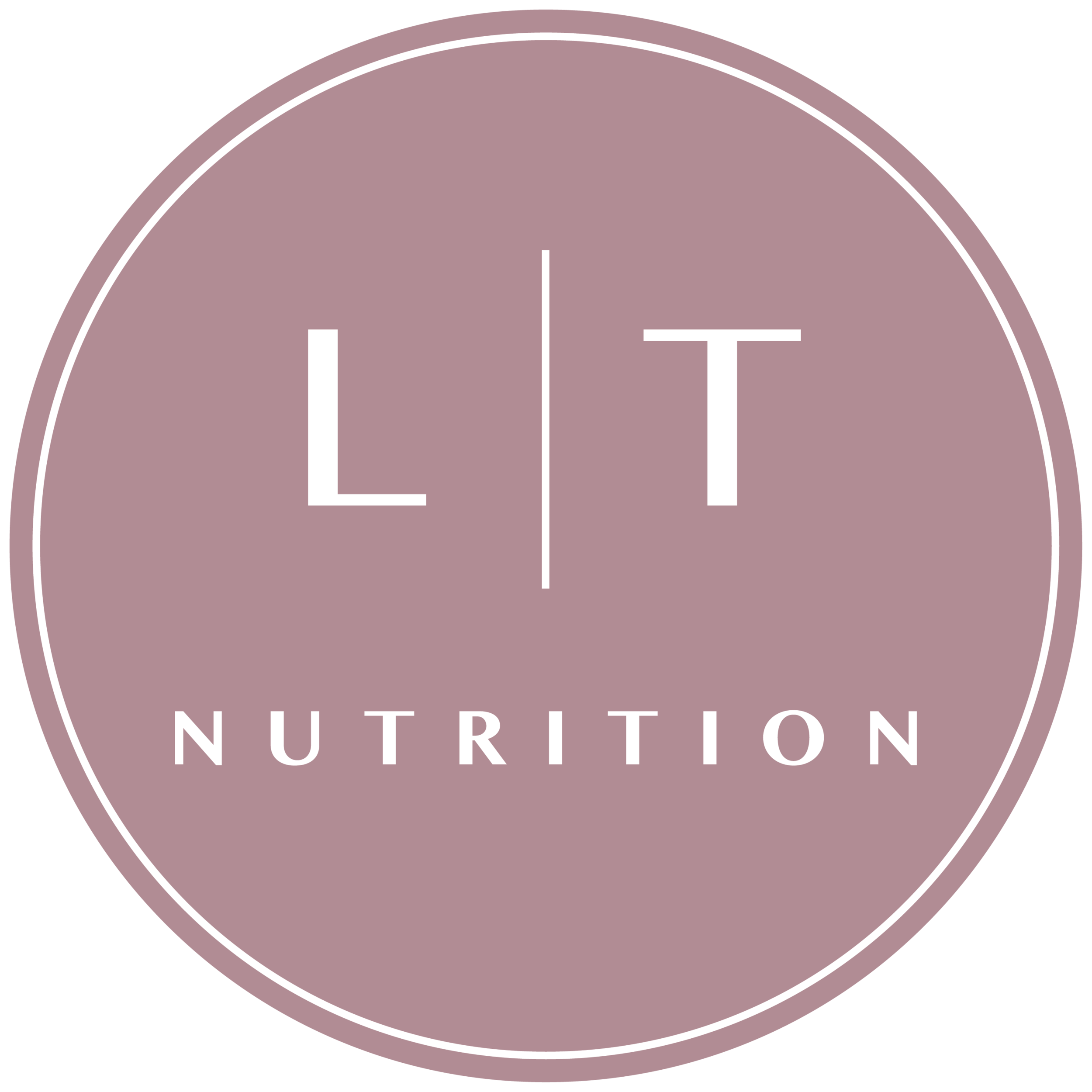Dietary triggers and irritable bowel syndrome (IBS)
There are a number of foods that have been commonly implicated with the onset of IBS:
Dairy
Wheat
Caffeine
Onion
Beans
Cabbage
Peas
Spicy/fatty/smoke foods
Although there are dietary interventions to curtail the symptoms of IBS, determining the relationship between food and symptoms is very challenging due to:
The complexity of food composition
The multiple mechanisms by which each food component affects the gut and induces symptoms
The delay between food ingestion and symptom onset
These components make it difficult to pin-point the role of any given food component in triggering IBS. Also, restricting certain foods can have implications on nutrient intake. The two most common foods that people tend to restrict following the onset of IBS symptoms are wheat, because it contains gluten, and dairy. I will try to give some background evidence to identify whether there is merit in these restrictions.
Wheat/Gluten
Gluten is one of the components of protein that makes up approximately 15% of a wheat kernel. Common foods that contain gluten are wheat, rye, barley, oats and these foods are regularly eaten by the global population. People who have ruled out coeliac disease and still feel that gluten causes their IBS symptoms are thought to have ‘non-coeliac gluten sensitivity’.
The existence on non-coeliac gluten sensitivity (NCGS) is highly controversial. There is a lack of high-quality evidence to confirm that it exists and there is little known about the mechanisms involved. Current evidence suggests that a small portion of patients with IBS may react to gluten however there is no clear way to diagnose NCGS or gluten sensitive individuals.
A number of theories have been proposed to explain the trend of gluten avoidance:
Social media and marketing
Celebrity endorsements
Increased availability of gluten free foods
Perceived symptom improvements
It is important to note that foods containing gluten such as oats, wheat, rye and barley have beneficial nutrients for optimal health therefore it is important to seek advice from a registered dietician or registered nutritionist for advice before restricting this food group.
Dairy
Dairy products contain varying amounts of a sugar called lactose. For example low-fat milk contains a high amount of lactose per serve, ricotta cheese contains moderate amounts of lactose per serve and cheddar cheese contains low amounts of lactose per serve.
To be absorbed into the small intestine lactose must be hydrolysed by the enzyme lactase. If the body has insufficient levels of this enzyme it will cause the malabsorption of lactose and symptoms associated with IBS such as bloating, distension, diarrhoea and/or constipation.
Lactose malabsorption is equally common in people with or without IBS.
The insufficiency of lactase may occur for due to a number of reasons:
Congenital abnormality: this is very rare with only a few documented cases world-wide
Illnesses such as coeliac disease or gastroenteritis
Iron deficiency can interfere with lactose digestion and absorption.
If you experience IBS symptoms regularly after consuming dairy products then please seek advice of a registered dietician or registered nutritionist before restricting this food group. A simple lactose breath test can confirm whether you have an inability to digest lactose or not. Dairy has many health benefits and restricting it may be unnecessary.

